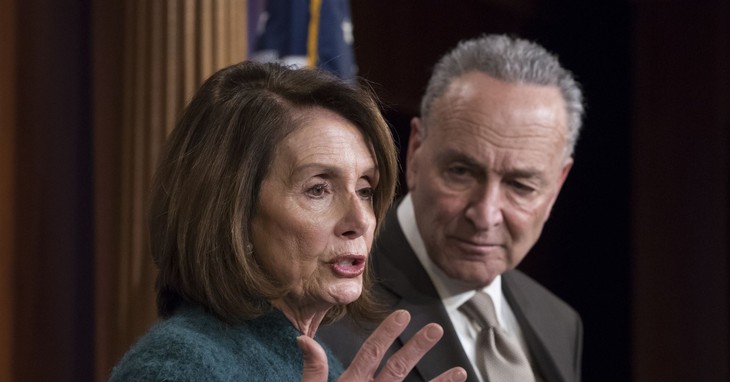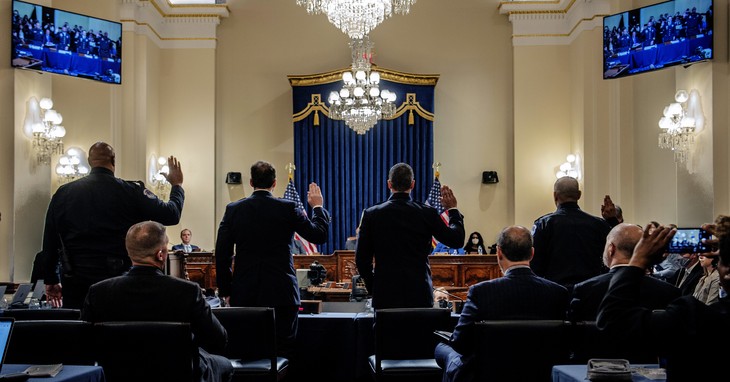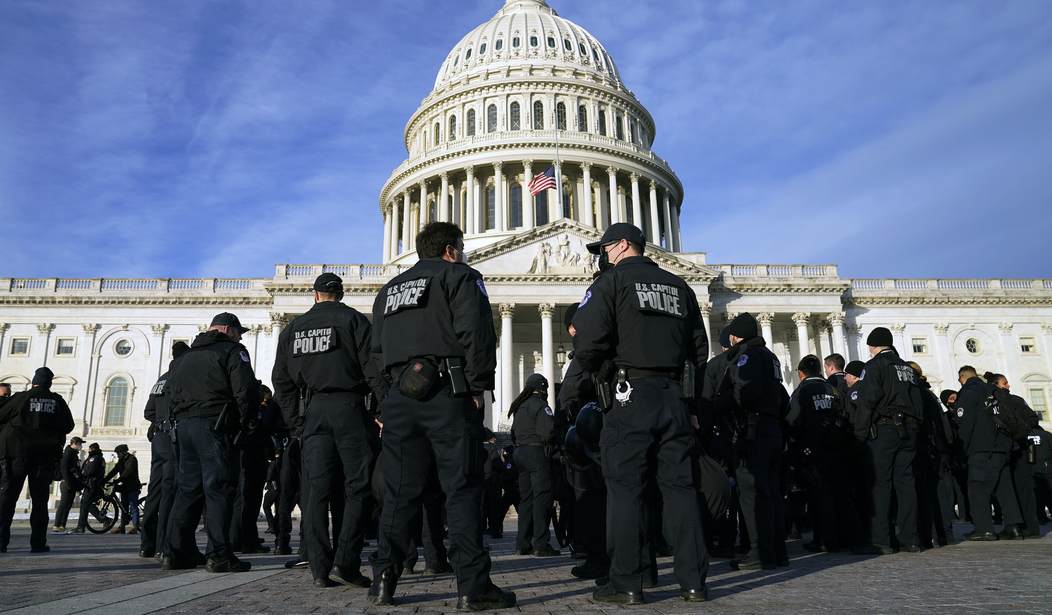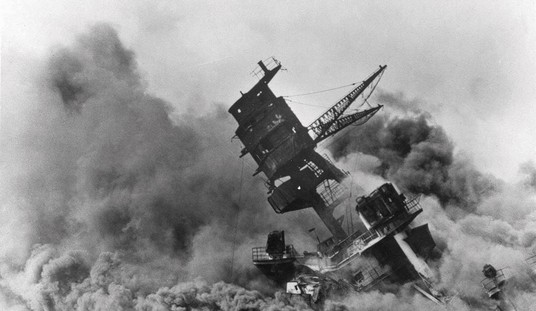A Capitol Police job posting published July 29 causes a constitutional conundrum as the agency aims to hire its own federal prosecutors. The job description reads,
The purpose of this position is to serve as a Special Assistant United States Attorney located in USCP District Offices in Washington, DC. The position reports to the USCP Deputy and General Counsel; however, the position will work under the direct supervision and authority of the co-located District U.S. Attorney’s Office.
Yes, the Capitol Police of the executive branch, tasked with the protection of the legislative branch, are hiring federal prosecutors to work for them… I mean the DOJ.
A Special Assistant United States Attorney or “SAUSA” is an appointed designation that gives the same authority and power as an Assistant US Attorney, according to Temple Law Review. Section 543 of the Judiciary and Judicial Procedure Act, enacted by Congress in 1948, authorizes the Attorney General to “appoint attorneys to assist United States attorneys when the public interest so requires.”
Capitol Police hiring SAUSAs directly is not the same thing as an Attorney General special appointment. The Capitol Police lack the constitutional, legislative, and judicial authority to appoint SAUSAs. In America, police don’t hire prosecutors for the DOJ. Nor do prosecutors report to the police.. or so we thought.
To further complicate matters, the oversight board for the Capitol Police is made up of four people including the House and Senate Sergeants-at-Arms who are nominated by the House Speaker and Senate Majority Leader — Nancy Pelosi (D) and Chuck Schumer (D). Having a politically influenced oversight board brings the potential for politicized prosecutions.

The job description goes on, leaving little doubt that this is the role of a special prosecutor for January 6 cases:
This position is to represent the United States Government primarily prosecuting individuals and/or groups who have engaged in threats and/or acts of violence against Members of Congress, their staffs, United States Capitol Police employees, visitors to the Capitol complex, and facilities and properties within the Capitol Complex.
The blatant fact that the workload of J6 cases includes over 800 individuals charged, lends to the notion that the DOJ needs the extra manpower. Meanwhile, hiring prosecutors under the Capitol Police raises budgetary questions. Is this a way of concealing the taxpayer costs of pervasive J6 prosecutions against ordinary Americans?

Bill O’Leary/The Washington Post via AP, Pool
There are already issues being raised by defense attorneys including political interference from the unhinged congressional inquiry. Tuesday, U.S. District Judge Amit Mehta denied a request to delay the trial of defendants facing seditious conspiracy charges.
“If transcripts are dropped on the eve of trial that pertain to these defendants and the allegations against them, I will revisit the issue. You have my word, the truth of the matter is the court’s docket cannot be dictated by how Congress is acting and what they are doing.”
Hiring federal J6 prosecutors poses another problem for Capitol Police: they are the stated victims of some of the alleged crimes that occurred during the election certification riots. Can crime victims hire their own prosecutors, promising them special appointments from the AG’s office, while their oversight board is politically influenced by Pelosi and Schumer?
In Biden’s Administration, anything goes… for now.














Join the conversation as a VIP Member